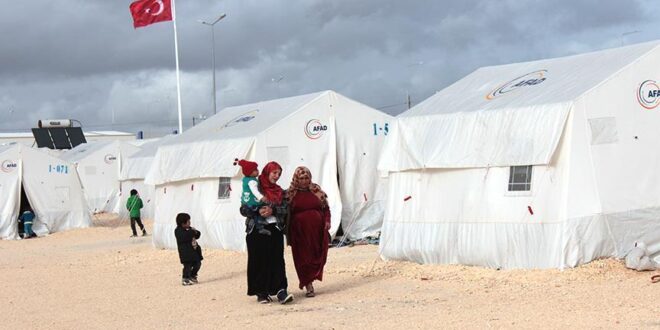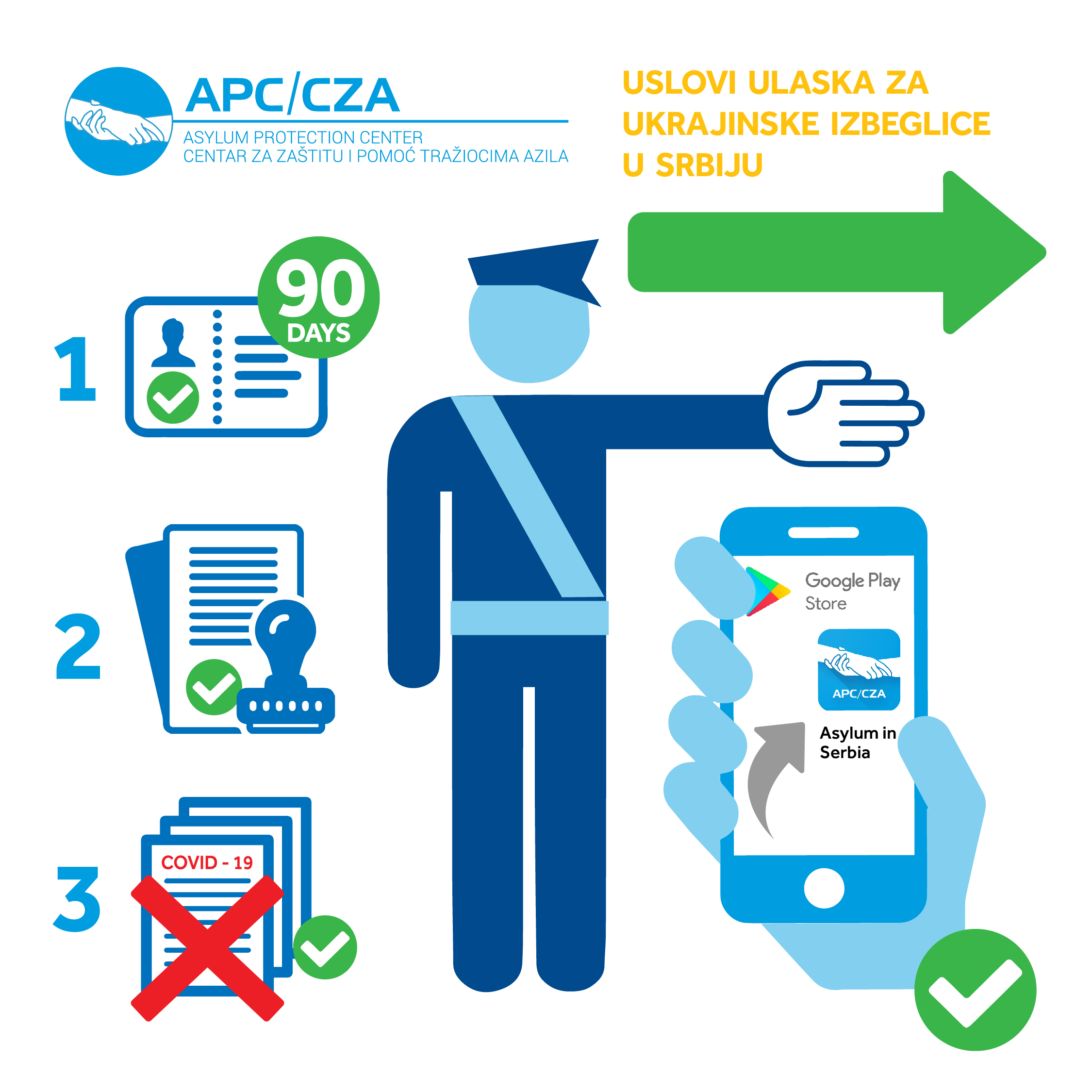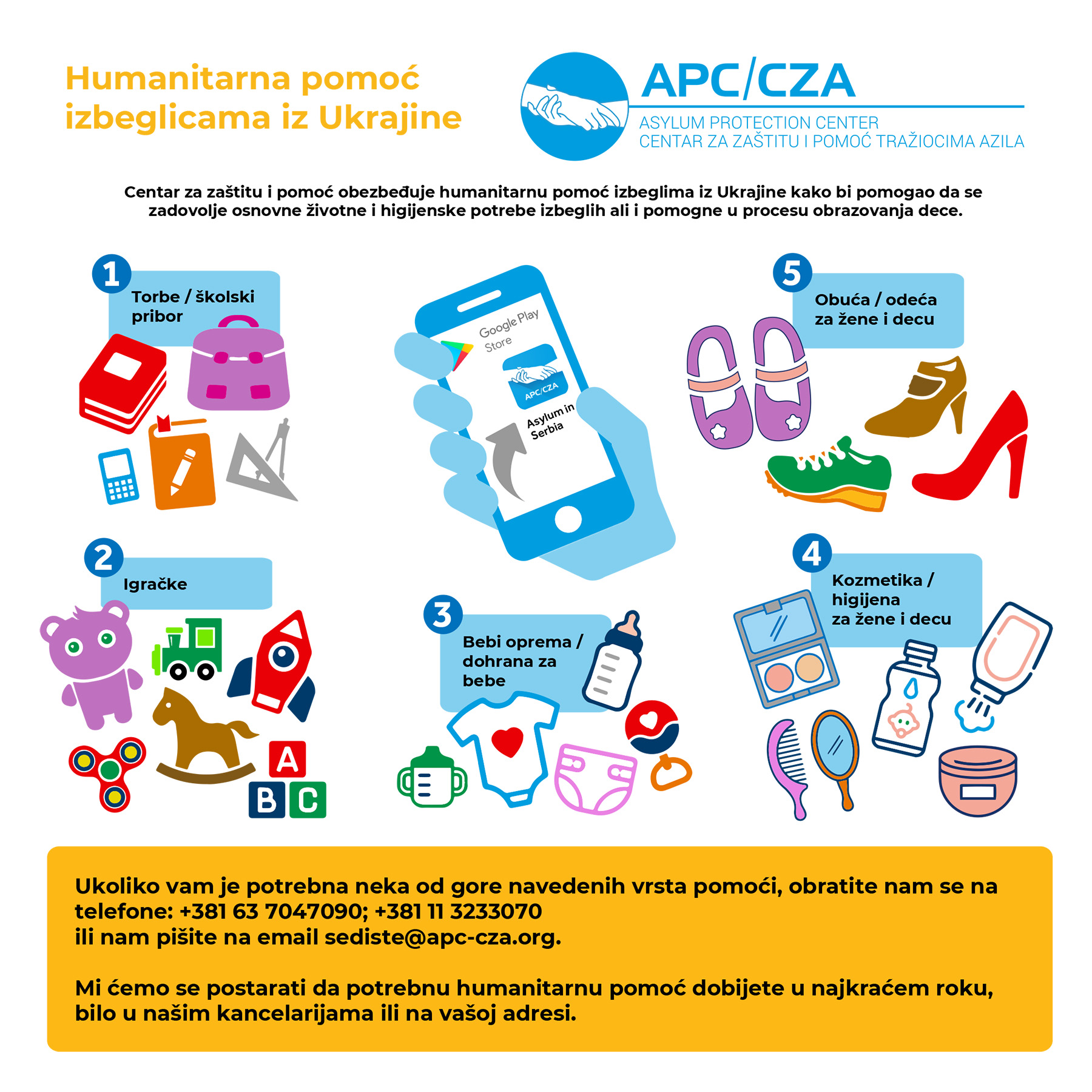Source: The Guardian Photo: Anadolu Agency
Ankara, September 05, 2019 – The Turkish president, Recep Tayyip Erdoğan, is threatening to “open the gates” to allow Syrian refugees to leave Turkey for western countries unless a controversial “safe zone” inside Syria is established soon.
Erdoğan’s comments come amid growing tension with Washington over delays in establishing the safe zone – first proposed by Donald Trump – not least over the fate of a key US-allied Kurdish militia, the YPG, which Ankara regards as a terrorist organisation.
Ankara has been threatening to move its troops unilaterally into the safe zone unless progress is made.
With Turkey hosting some 3.6 million Syrian refugees, Erdoğan’s threat raised the spectre of a surge of people into Europe that could dwarf even the recent migration crisis at its peak.
The stark warning was delivered in remarks to officials of his ruling party, as humanitarian organisations warned that conditions in the besieged Syrian rebel enclave of Idlib were “Hobbesian” and approaching the “stone age”.
“We will be forced to open the gates. We cannot be forced to handle the burden alone,” said the Turkish president.
Erdoğan’s threat immediately sent tremors through Greece where authorities have reported a huge surge in recent numbers arriving on Aegean isles facing the Turkish coast.
More than 12,000 would-be asylum seekers landed in Greece in July and August.
Last week some 650 arrived in a single day on Lesbos, with the country’s civil protection minister telling the Guardian that smugglers had become increasingly brazen, deploying “much better and faster” boats to make the crossing from Turkey.
Erdoğan has become increasingly angry with Washington and the EU over the issue of Syrian refugees, claiming that Turkey has spent $40bn supporting them, and criticising western countries, including the European Union, for failing to live up to their promises.
Under a 2016 agreement, the EU promised Ankara €6bn in exchange for stronger controls on refugees leaving Turkish territory for Europe, but Erdoğan said only €3bn had so far arrived.
Following an agreement with the US in early August to set up the controversial safe zone, Turkey has been frustrated by what it sees as Washington’s footdragging.
The safe zone was originally proposed last year by Trump, and finally agreed on 7 August.
Erdoğan has sold the safe zone as a location where Syrian refugees in Turkey could be relocated.
But Ankara and Washington have been at odds over the fate of the Kurdish YPG militia, which had been a key part of a US-backed force fighting Islamic State and which Turkey regards as a terrorist organisation.
“We are saying we should form such a safe zone that we, as Turkey, can build towns in lieu of the tent cities here. Let’s carry them to the safe zones there,” Erdoğan said in his Ankara speech.
“Give us logistical support and we can go build housing at 30km (20 miles) depth in northern Syria. This way, we can provide them with humane living conditions.
“This either happens or otherwise we will have to open the gates,” Erdoğan said, adding: “Either you will provide support, or excuse us, but we are not going to carry this weight alone. We have not been able to get help from the international community, namely the European Union.”
The situation has become particularly pressing for Greece which has been thrust into the frontline as other people-smuggling routes to Europe have become more difficult.
Greece’s centre-right government, which has vowed to take a tougher stance than its leftist predecessor in bolstering sea border patrols and deporting “illegal migrants” back to Turkey, was holding emergency talks on Thursday on how to better coordinate its response to the swelling numbers.
Last week also saw its foreign minister, Nikos Dendias, summon Turkey’s ambassador to his office to protest against the rise in arrivals last week.
Greek officials privately say they believe the country is at the sharp end of the backlash in sentiment towards refugees in Turkey and are increasingly concerned that a new crisis could soon be playing out on Greek shores.
“The big question is what happens next to the EU-Turkey statement,” the Greek civil protection minister, Michalis Chrysochoidis, said referring to the expiration of the EU deal at the end of the year.
“Right now nobody knows what will happen.”
 AzilSrbija AzilSrbija
AzilSrbija AzilSrbija





